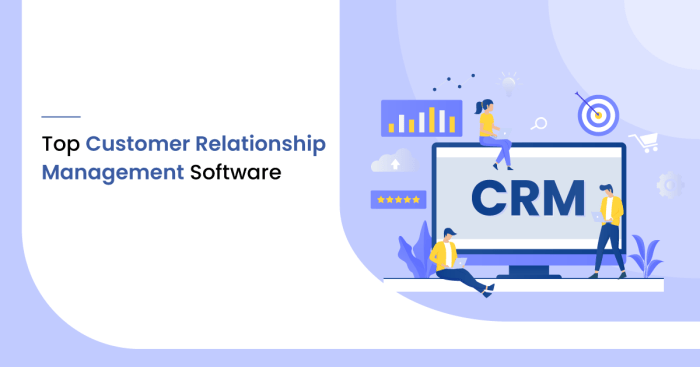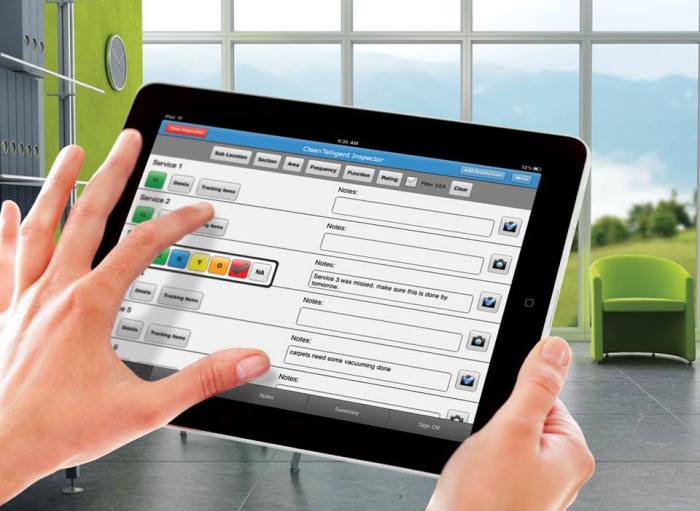In today’s dynamic business landscape, efficient and streamlined operations are paramount for success. For companies providing field service – from technicians repairing appliances to contractors managing construction projects – a robust Field Service CRM (Customer Relationship Management) software solution is no longer a luxury, but a necessity. This comprehensive guide delves into the intricacies of field service CRM software, exploring its features, benefits, and how it can revolutionize your field operations.
Understanding Field Service CRM Software
Field service CRM software is a specialized type of CRM designed to manage and optimize all aspects of field service operations. It integrates various functionalities to streamline scheduling, dispatching, inventory management, customer communication, and more, all within a centralized platform. Unlike generic CRM systems, field service CRM solutions are built with the unique needs of field service businesses in mind, providing features specifically tailored to manage technicians, appointments, equipment, and customer interactions in the field.
Key Features of Field Service CRM Software
- Scheduling and Dispatching: Intelligent scheduling algorithms optimize technician routes, minimizing travel time and maximizing service efficiency. Real-time tracking and automated dispatching ensure quick response times and efficient resource allocation. This often includes features like drag-and-drop scheduling and automated appointment reminders.
- Work Order Management: Create, assign, and track work orders from initiation to completion. This includes detailed information about the service request, assigned technician, parts required, and service history. Many systems offer mobile accessibility for technicians to update work orders in real-time.
- Inventory Management: Track inventory levels, manage parts, and automate ordering processes. This ensures technicians have the necessary supplies on hand and minimizes downtime due to missing parts. Low stock alerts can prevent service disruptions.
- Customer Relationship Management (CRM): Store and manage customer information, service history, and communication logs. This enables personalized service, proactive communication, and improved customer satisfaction. Integration with other CRM systems is often a key feature.
- Mobile Accessibility: Provide technicians with access to real-time information and tools through mobile apps. This empowers them to manage schedules, access customer details, update work orders, and capture digital signatures, all while on the go.
- Reporting and Analytics: Generate insightful reports and dashboards to track key performance indicators (KPIs) such as first-time fix rates, average service time, technician productivity, and customer satisfaction. This data-driven approach helps identify areas for improvement and optimize field service operations.
- Integration with other systems: Seamless integration with other business systems, such as accounting software, ERP systems, and mapping applications, ensures data consistency and enhances overall operational efficiency. This minimizes data entry and improves data accuracy.
- Automated Notifications and Reminders: Automated notifications and reminders for technicians, customers, and dispatchers streamline communication and ensure timely completion of tasks. This minimizes missed appointments and keeps everyone informed.
Benefits of Implementing Field Service CRM Software
Implementing a field service CRM system offers a multitude of benefits that can significantly impact a company’s bottom line and overall operational efficiency. These benefits include:
- Improved Customer Satisfaction: Faster response times, efficient service delivery, and proactive communication lead to increased customer satisfaction and loyalty.
- Increased Technician Productivity: Optimized scheduling, efficient routing, and easy access to information empower technicians to handle more service calls and complete tasks more efficiently.
- Reduced Operational Costs: Streamlined processes, minimized travel time, and reduced administrative overhead contribute to significant cost savings.
- Enhanced Visibility and Control: Real-time tracking of technicians, work orders, and inventory provides greater visibility into field operations, allowing for better control and decision-making.
- Improved First-Time Fix Rates: Access to detailed service history and readily available parts information helps technicians resolve issues on the first visit, minimizing repeat trips and improving customer satisfaction.
- Better Resource Allocation: Optimized scheduling and dispatching ensure that the right technicians are assigned to the right jobs, maximizing resource utilization and minimizing downtime.
- Data-Driven Decision Making: Comprehensive reporting and analytics provide valuable insights into operational performance, allowing for data-driven decision-making and continuous improvement.
Choosing the Right Field Service CRM Software
Selecting the appropriate field service CRM software requires careful consideration of various factors, including:

Source: softwaresuggest.com
- Business Size and Needs: The software should align with the specific needs and scale of your business. Smaller businesses might benefit from simpler, more affordable solutions, while larger enterprises may require more comprehensive and scalable systems.
- Integration Capabilities: Consider the software’s ability to integrate with existing business systems, such as accounting software, ERP systems, and mapping applications.
- Mobile Accessibility: Ensure the software offers robust mobile accessibility for technicians to access information and update work orders in real-time.
- Reporting and Analytics: Evaluate the software’s reporting and analytics capabilities to ensure it provides the necessary insights for data-driven decision-making.
- Customer Support: Reliable customer support is crucial for resolving issues and ensuring smooth operation of the software.
- Cost and Pricing: Consider the overall cost of the software, including licensing fees, implementation costs, and ongoing maintenance.
Frequently Asked Questions (FAQ)
- Q: What is the difference between a Field Service CRM and a regular CRM? A: A regular CRM focuses on managing customer relationships generally. A Field Service CRM is specialized for businesses with field technicians, adding features like scheduling, dispatching, work order management, and mobile accessibility.
- Q: How much does Field Service CRM software cost? A: Costs vary greatly depending on the features, number of users, and vendor. Expect a range from affordable monthly subscriptions to more substantial enterprise solutions.
- Q: Can Field Service CRM software integrate with my existing systems? A: Many Field Service CRM solutions offer integration with popular accounting, ERP, and mapping software. Check the specific software’s capabilities before purchasing.
- Q: How long does it take to implement Field Service CRM software? A: Implementation time depends on the complexity of the system and the size of your business. It can range from a few weeks to several months.
- Q: What are the key metrics to track with Field Service CRM software? A: Key metrics include first-time fix rates, average service time, technician utilization, customer satisfaction, and parts inventory levels.
Conclusion: Field Service Crm Software
Field service CRM software is a powerful tool that can significantly improve the efficiency and profitability of field service businesses. By streamlining operations, enhancing customer satisfaction, and providing valuable insights into performance, it empowers companies to achieve greater success in a competitive market. Choosing the right software requires careful consideration of your specific needs and a thorough evaluation of available options.
Investing in a robust Field Service CRM is an investment in your business’s future.
References
While specific software recommendations are avoided to remain unbiased, researching reputable software review sites (like G2, Capterra, etc.) will provide detailed comparisons of various Field Service CRM solutions. Always consult independent reviews before making a purchasing decision.

Source: tuiaustralia.com
Call to Action
Ready to transform your field service operations? Explore the leading Field Service CRM solutions available today and discover how you can optimize your processes, enhance customer satisfaction, and boost your bottom line. Start your free trial or request a demo to see the difference firsthand!
Expert Answers
What are the key features of field service CRM software?
Key features typically include customer relationship management (CRM), scheduling and dispatching, technician management, inventory tracking, mobile access, reporting and analytics, and integration with other business systems.
How much does field service CRM software cost?
Pricing varies widely depending on the features, number of users, and vendor. Expect to find options ranging from affordable monthly subscriptions to more enterprise-level solutions with higher costs.
How can I choose the right field service CRM software for my business?
Consider your specific business needs, the size of your team, your budget, and the level of integration required with existing systems. Research different vendors and compare features, pricing, and customer reviews before making a decision.

Source: slideteam.net
What is the learning curve for field service CRM software?
The learning curve varies depending on the software’s complexity and user-friendliness. Many vendors offer training and support to help users get started. Look for intuitive interfaces and comprehensive documentation.
